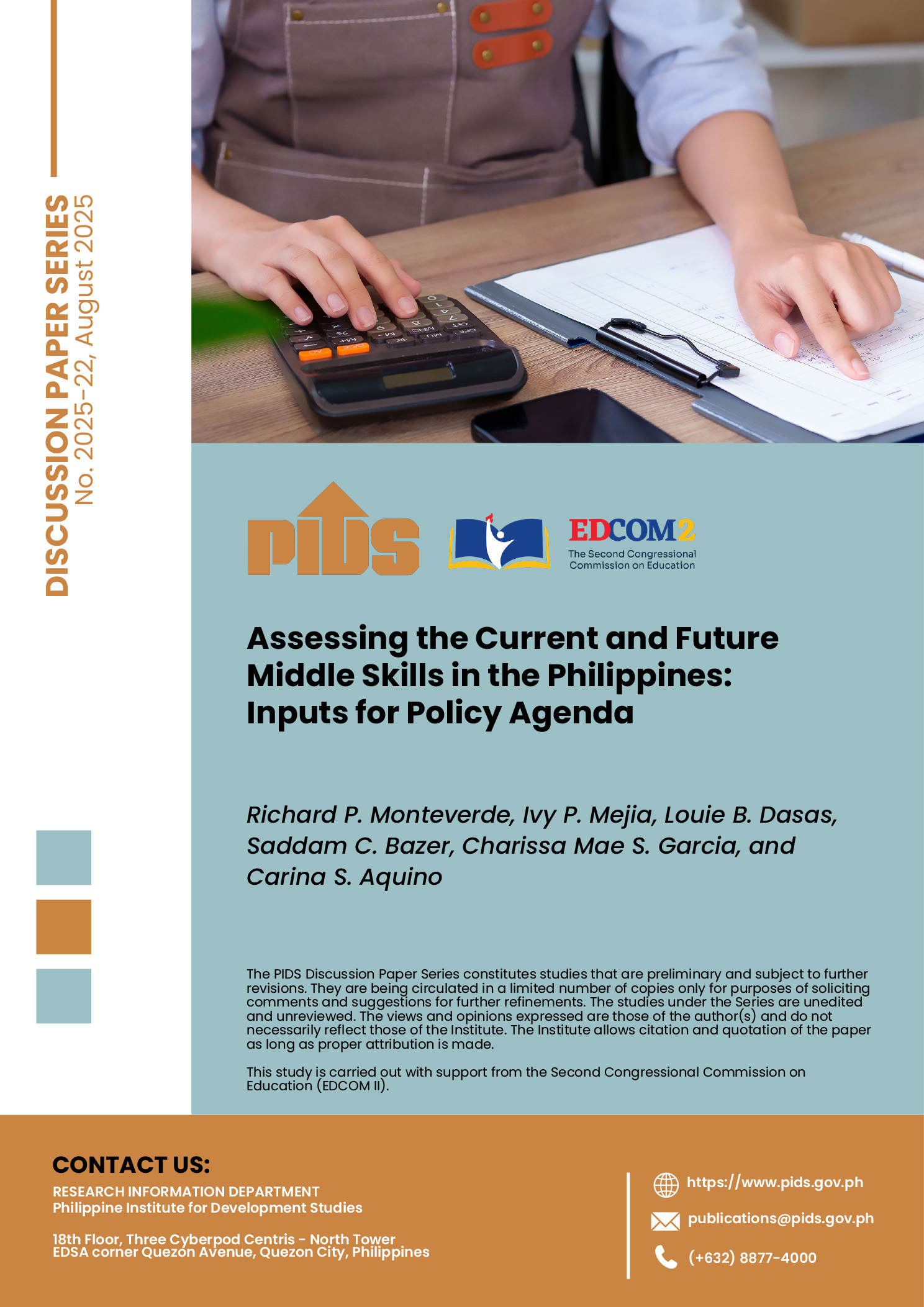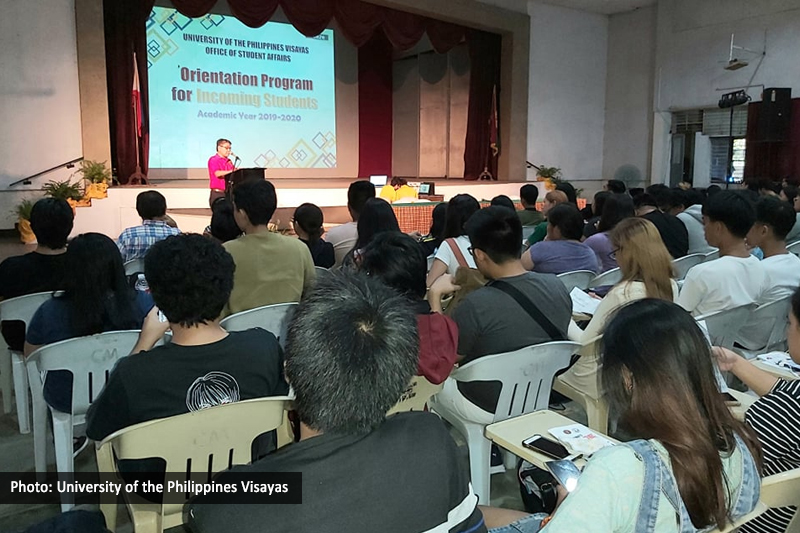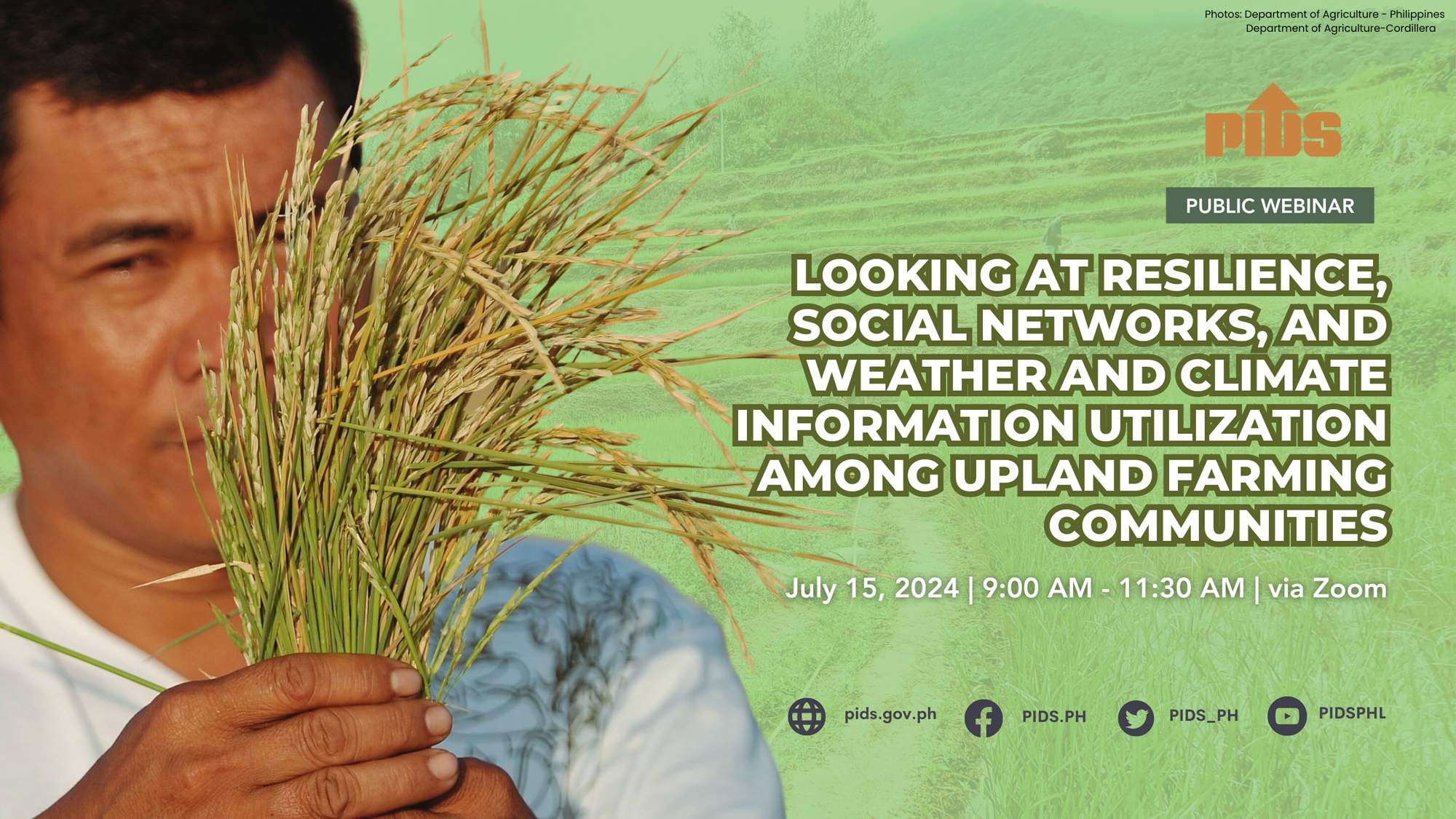Philippine labor experts called for robust skills mapping and multi-sector collaboration to address the persistent issue of skills mismatches.
This was highlighted in a recent Philippine Institute for Development Studies (PIDS) webinar, featuring insights from PIDS senior research fellow Dr. Connie Bayudan-Dacuycuy, Technical Education and Skills Development Authority (TESDA) executive director Charlyn Justimbaste and University of the Philippines Prof. Emily Christi Cabegin.
Dacuycuy presented findings from a study titled “Inputs to the Philippine Labor Market Information System and TESDA’s Skills Anticipation and Prioritization of Skills Requirements Framework”, emphasizing the need for an advanced Labor Market Information System (LMIS).
The LMIS acts as a central database that collects, analyzes, and disseminates data on labor market trends, skills demand and workforce needs.
Dacuycuy said outdated and incomplete labor market information in the Philippines is a possible root cause of skills mismatches, undermining productivity and economic competitiveness.
“A comprehensive labor market data system should provide a framework for anticipatory skills mapping, connecting current educational outputs to future labor needs and ensuring that national skill sets evolve with the economy,” she said.
A well-functioning LMIS will enable government agencies and industries to identify skills shortages, align educational programs with labor market needs, and make informed policy decisions, she said.
Dacuycuy reiterated the necessity to establish a skills data foundation, starting with a comprehensive skills taxonomy aligned with the Philippine Standard Occupational Code (PSOC).
The framework would facilitate the creation of standardized data that is structured and actionable. “A strong LMIS, supported by standardized data taxonomies and sector collaboration, is important to bridge information gaps and prepare the workforce for future job demands,” Dacuycuy said.
She called for institutional arrangements to enhance cooperation among stakeholders, including the institutionalization of the Philippine Identification System to improve data matching for educational and employment outcomes.
Justimbaste affirmed Dacuycuy’s assertion about the importance of a strong LMIS.
“LMIS is essential for anticipating skill requirements and ensuring our education outputs meet the evolving needs of the economy, addressing the critical skills mismatch that hinders growth,” she said.
Justimbaste highlighted the importance of implementing a regional, demand-driven approach through the National Technical Education and Skills Development Plan 2020-2028 to boost global recognition of Philippine technical and vocational education.
She said the eight-point agenda of TESDA would play a key role in expanding access to programs, enhancing employability, strengthening industry partnerships and promoting workforce flexibility.
She also noted plans for TESDA to collaborate with the PSA as mentioned by Dacuycuy for consistent skills mapping and streamline public employment services.












